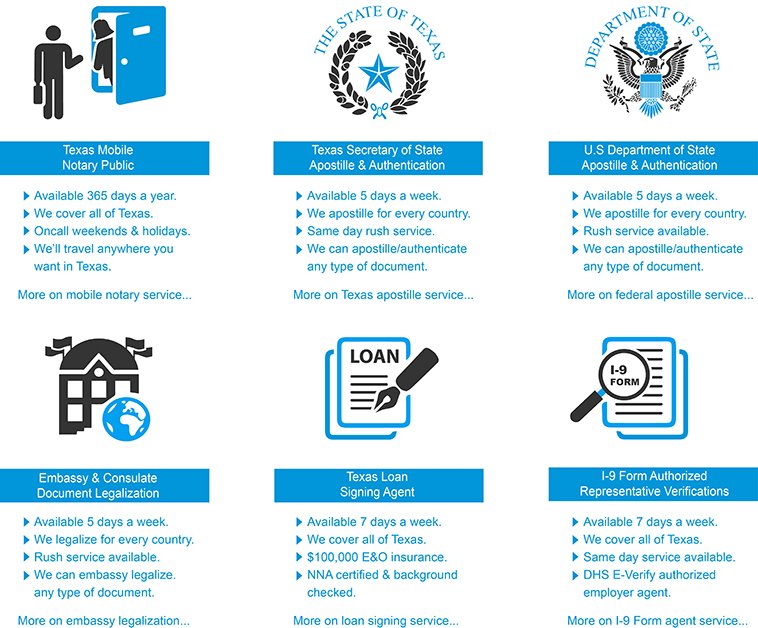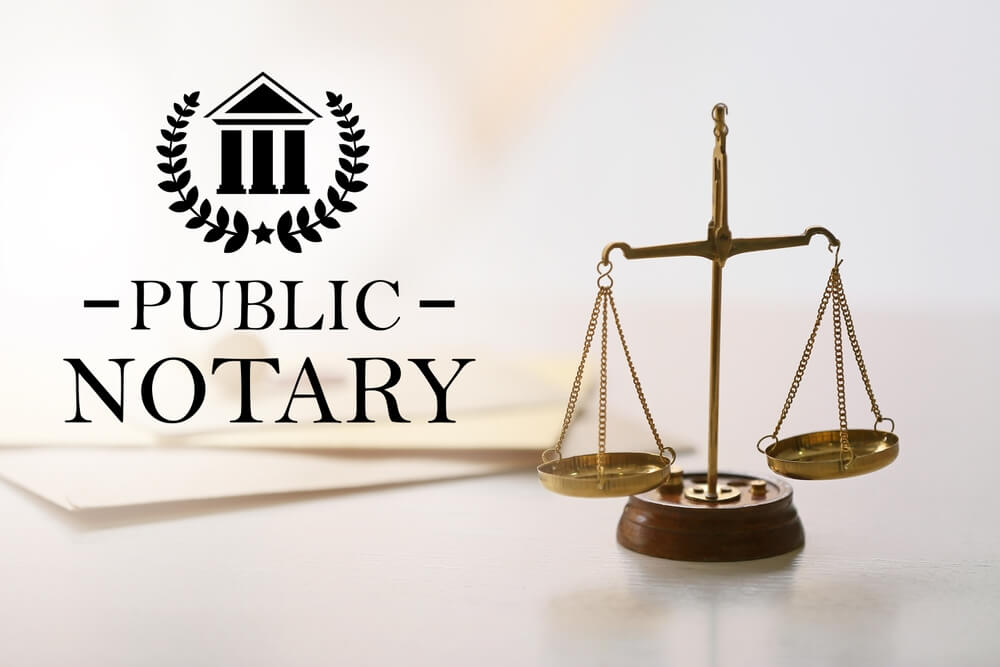Handling Deceased Estate Matters: Assistance Via Legal Process
Handling Deceased Estate Matters: Assistance Via Legal Process
Blog Article
Demystifying Notarial Job: Streamlining the Duty and Relevance of Notaries
Their role, typically shrouded in secret for numerous, lugs substantial weight in ensuring the credibility and honesty of critical files. By unwinding the intricacies losing and surrounding notarial techniques light on the value of their acts, a clearer understanding arises of the vital duty notaries play in promoting the material of contractual and legal contracts.
The Background of Notarial Work
How did notarial job evolve with time to come to be an essential part of lawful and business deals? The history of notarial work dates back to old civilizations, where scribes played a crucial role in videotaping crucial info and confirming records. As cultures progressed, the need for an extra formalized system to ensure the legitimacy of contracts developed. This brought about the development of notaries, people designated by the state to act as unbiased witnesses in legal matters.
During the Center Ages, notaries gained importance in Europe, with their features increasing to consist of composing lawful documents, accrediting trademarks, and protecting records. The surge of global trade further highlighted the value of notarial work in validating agreements and contracts throughout borders.
In the modern age, notaries proceed to play a vital function in lawful and organization deals by validating identities, verifying the credibility of records, and stopping fraud. Their role in accrediting the credibility of contracts includes a layer of safety and security and trust to the ever-evolving landscape of business and regulation.

Tasks and Duties of Notaries
The historic development of notarial job from ancient human beings to the modern-day era has formed the unique obligations and responsibilities that notaries promote in legal and company purchases today. Notaries play an essential function in validating the authenticity of papers and the identification of notaries. Among their key obligations is to witness the finalizing of important documents, such as agreements, wills, and actions, to make sure that all celebrations are getting in right into agreements intentionally and voluntarily. Notaries likewise verify that notaries are of audio mind and not under duress or threat.
They accredit duplicates of original records, providing assurance to institutions that the copies are real reproductions of the originals. In general, the duties and responsibilities of notaries are essential in securing the honesty and legality of numerous files and transactions - DIRCO.
Notarial Certificates and Signatures
Exemplifying thorough interest to detail, notarial certifications and signatures work as essential elements in validating the credibility of legal papers. Notarial certificates usually have vital information such as the date of registration, the names of the notaries, a summary of the file, and the notary's main seal. These certifications provide a clear record of the notarial act, guaranteeing that the record can be conveniently identified and mapped back to the notary that managed the process.
Trademarks play a crucial duty in notarial work, as they represent the agreement and consent of the celebrations involved. Notaries carefully witness the signing of records to validate the identity of the signatories and validate that they are authorizing of their very own complimentary will. By fastening their main seal and signature to the file, notaries license that the required treatments have been complied with and that the paper is legitimate and enforceable.
In essence, notarial certificates and trademarks are the trademark of authenticity in lawful deals, supplying assurance to all celebrations involved that the records are legit and binding.
Value of Notarial Acts

Notarization Process Discussed
The notarization process normally starts with the private offering the paper to a notary public. When the identity is confirmed, the notary makes sure that the specific signing the paper does so voluntarily and without any coercion.

Final Thought

Notarial certificates normally include essential info such as the date of registration, the names of the signatures, a summary of the file, and the notary's official seal. These certifications supply a clear record of the notarial act, ensuring that like this the file can be quickly determined and mapped back to the notary who supervised the process.
By fastening their official seal and trademark to the record, notaries certify that the required treatments have actually been complied with and that the file is enforceable and legitimate.
By confirming the identification of the notaries, verifying their determination to enter right into the arrangement, and licensing the day and location of the signing, notaries play a vital duty in maintaining the validity of lawful documents.After the file is signed, the notary will affix read this article their official seal or stamp onto the record.
Report this page